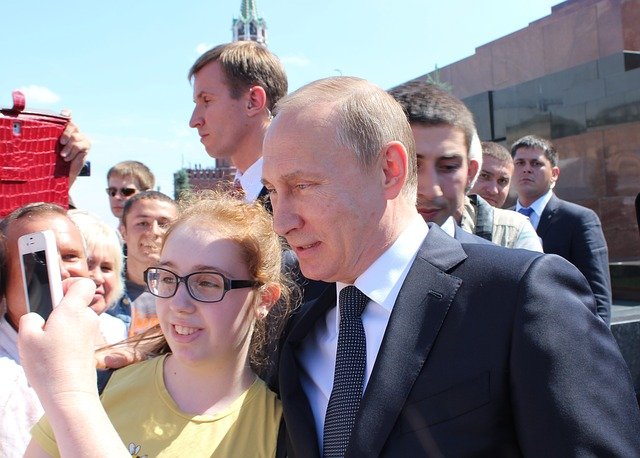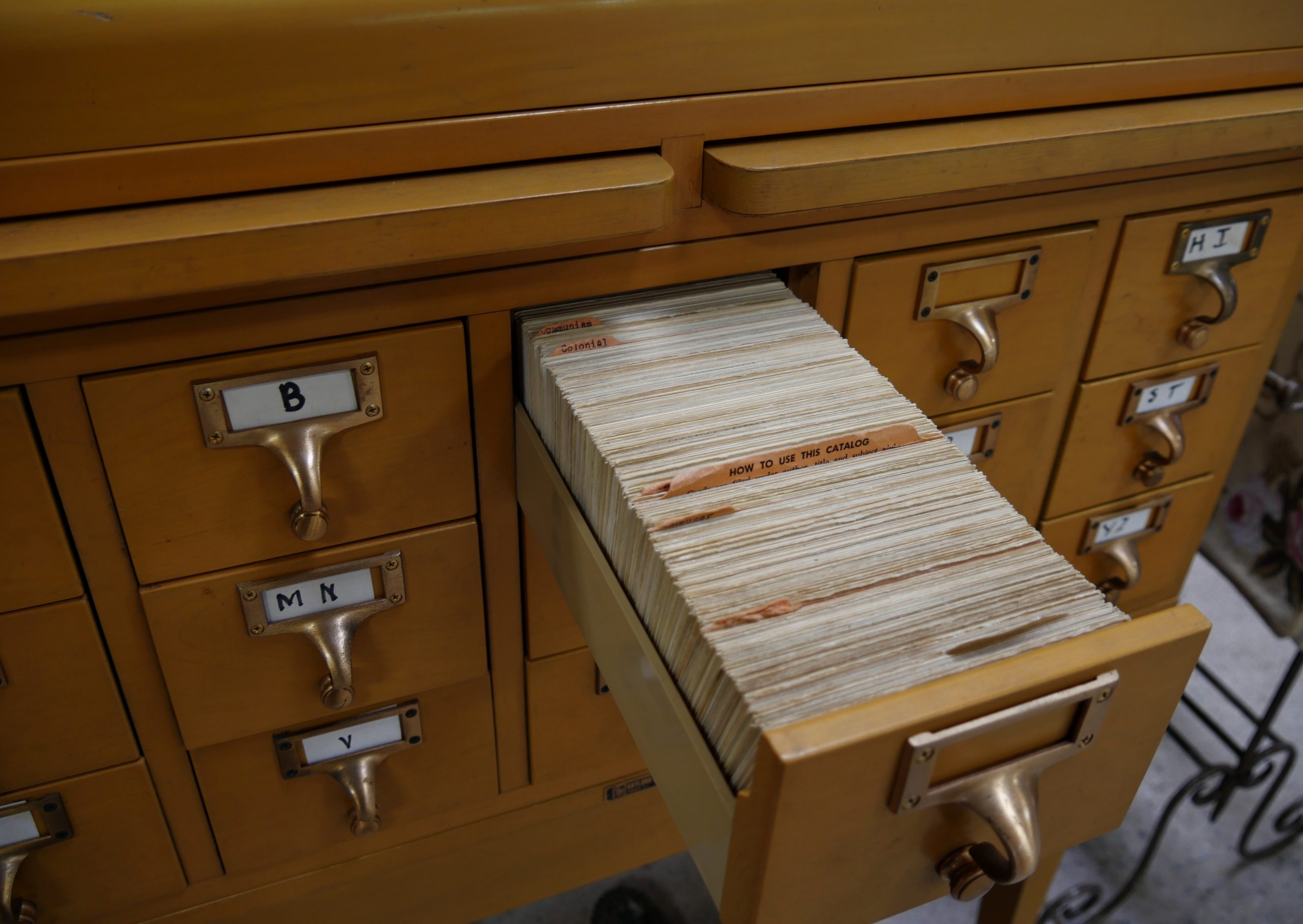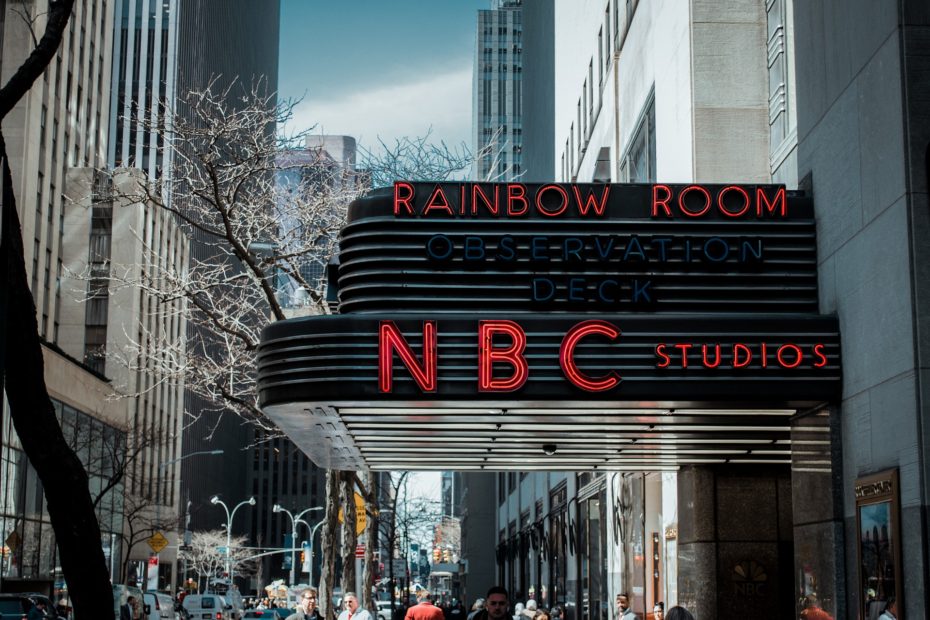New Post: Putin's Grim Childhood Foretells Disaster Ahead
https://markstricherz.com/putins-grim-childhood-foretells-disaster-ahead/
 |
Home » Putin’s Grim Childhood Foretells Disaster Ahead
Putin’s Grim Childhood Foretells Disaster Ahead
- March 14, 2022
Once I had a friend from Russia who said her late father had been a KGB agent. Russian leader Vladimir Putin, too, had been a member of the Soviet Union’s secret police. Yet my friend despised “Putin” and vowed to remove him from office. The collapse of the Soviet Union had been a blessing for her and her father too presumably, not “the greatest geopolitical catastrophe of the twentieth century” as it was for Mr. Putin.
I mention this story to expose a half-truth about Mr. Putin’s rationale for invading Ukraine. At least as important as the fall of the USSR in 1991 was to his outlook was another major event in Soviet history: the country’s response to World War II and the Nazi Siege of Leningrad.
You can find Mr. Putin’s reaction in First Person, a book that comprises a series of interviews he gave after he became Russia’s prime minister, in 1999. (An excerpt can be found here). He recounted the horror stories he heard growing up of the prolonged military blockade, and he has repeated them.
Last week, Secretary of State Anthony Blinken urged Mr. Putin not to repeat in Ukraine what German leader Adolph Hitler had done in Leningrad from 1941 to 1944. (See his comments at the end of this post). “That siege affected millions of Russian families, including President Putin’s, whose one-year-old brother was one of the many victims,” Mr. Blinken said. “Now, Russia is starving out cities like Mariupol. (For an excellent primer on the siege, see this British documentary below).
Don’t Know Much About History
Most Americans may consider Mr. Putin’s background to be outlandish. Few teachers teach military history in college even anymore, so it is doubtful more than a small slice of the population has even heard of the Siege of Leningrad.
Also, we’ve become accustomed to stories about our leaders overcoming adversity. Some presidents overcame grinding poverty while growing up. Abraham Lincoln and James Garfield grew up in log cabins, for example. Other presidents overcame personal tragedies. Presidents Jefferson, Bush, and Obama each lost a parent or sibling through death or separation.
In those stories, we conclude each president learned a valuable lesson from his hardship. Life can be difficult at times. This helped them sympathize with others.
The Horror that Horror Produced
We are not accustomed to hearing the lesson Mr. Putin learned from his hardship: Life is as a zero-sum game. You starve or poison your enemy to death, or he starves or poisons you. There are no win-win scenarios, no outcomes in which all sides are satisfied.
Even before Mr. Putin was born, in 1952, both of his brothers had died. His oldest brother, Albert, died as an infant. His other brother, Viktor, the one to which Secretary Blinken referred, died as the result of diphtheria. That was the direct cause.
The indirect cause was the Siege of Leningrad. The so-called 900 Day Siege not only killed 1 million civilians and Red Army soldiers, but also forced 1,000 to 2,0000 people to resort to cannibalism. The Putin’s lived in Peterhof, a Leningrad suburb. When the Nazi’s and Finnish troops surrounded the city in September 1941, they attempted to starve the city’s 3 million residents into submission.
According to Mr. Putin, his brother Viktor was taken to a children’s shelter to protect him from the hostile forces but contracted diphtheria, a serious bacterial infection. A vaccine was in wide use in the 1930s, but one never got to Viktor and he died.
Putin’s mother, Maria, too, nearly died during the siege. She was so close to starving to death that her neighbors laid her body on the other corpses in the city. As he said,
Putin’s father, Vladimir S., a soldier in the Red Army, would have died during the war if not for some quick thinking. After his unit fell behind German lines and blew up a munition’s depot, the Germans chased after them with dogs in tow. Before they could hunt his father down, he dove into a swamp and breathed through a reed while the Germans raced past.
The siege, war, and famine ended in the mid-1940s. Yet the deprivation continued. The young Mr. Putin and his parents lived in a one-room flat in Leningrad without electricity or warm water, this in a city where the winters are notorious for being long, freezing, and snowy. As Putin’s former schoolteacher said,
Vladimir Putin’s Law of Club and Fang
In short, Mr. Putin’s emotional outlook was primitive. By his own admission, he was a “bad boy.” To be sure, he could have mellowed or changed for the better, and he did get married and have two kids, both daughters, with his now ex-wife.
Yet he became a KGB agent in 1975, and his fate was cast. In a secret police agency infamous for crushing dissent at home and assassinating foreign leaders abroad, he put his theory into practice.
As Russia’s president, Mr. Putin has, it is fair to say, operated with a zero-sum outlook. He bombed Chechnya after the former Soviet Republic broke away in 1999. He crushed the rebellion in Georgia in 2008. He annexed Crimea in 2014. And he invaded Ukraine last month. To compound matters, his enemies in the press and in politics have been poisoned and shot. Now he is bombing hospitals, maternity wards, and a nuclear plant.
Sometimes, critics accuse the media of being preachers of gloom and doom. In general, this criticism is fair. In the case of Mr. Putin, it is not.
Again and again, the primitive emotional outlook he acquired growing up has been reinforced and deepened. He knows the horrors of Leningrad. The cardinal virtue of prudence, of using right reason to choose among different options, is practically a foreign concept to him. He leads a “hollow” superpower, yet he is pursuing a disastrous war.
Western leaders may grasp this. Increasingly, they call for a Lend Lease-style policy of arming Ukraine in their battle against Russians, not to defeat Russia itself. The goal is for the Russian people or Mr. Putin’s opponents to rise and oust or kill him. Surely, they don’t want to back Mr. Putin in a corner and force him to retaliate.
What does everybody else think?
Mark Stricherz
https://markstricherz.com/to-cure-writers-block-you-need-two-treatments/ For Writer’s Block, Take Two Treatments February 23, 2022 Writer’s block is a strange malady. A mental state of paralysis, the disorder is exclusive to writers; no one talks about lawyer’s or accountant’s or coal miner’s block. The root of writer’s block is organizational rather than romantic. Some writers imagine themselves as uniquely tortured souls, like Prometheus chained to a rock while an eagle devoured his liver...
https://markstricherz.com/did-ronan-farrow-miss-out-on-taking-down-nbc-news-sexualized-workplace-culture/ Did Ronan Farrow Miss Out on Taking Down NBC News? January 22, 2022 In my post on Ronan Farrow’s Catch and Kill last week, I made a mistake. The post described Mr. Farrow’s takedown of Hollywood mogul Harvey Weinstein, which, by my lights at least, went into excessive detail. It should have also delved into Mr. Farrow’s expose of NBC News’s sexualized workplace culture. While Mr....
The Adult Amid the Hippies: Why You Should Read Joan Didion’s Early Essays Revised January 4, 2022 Early last fall, I read Slouching Toward Bethlehem and The White Album, the first two collections of essays of writer Joan Didion. As my emails to my friend Dan and jottings inside the books attest, I was impressed by not only their literary style but also their content. Here was an American original. Alas, on December 23, Ms. Didion died, at age 87. To anyone curious which of these justly...


